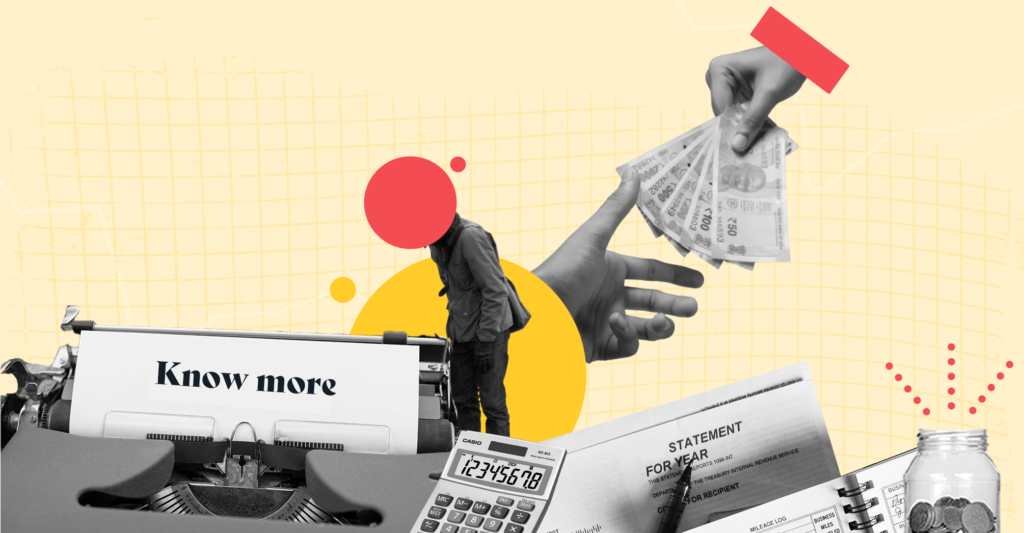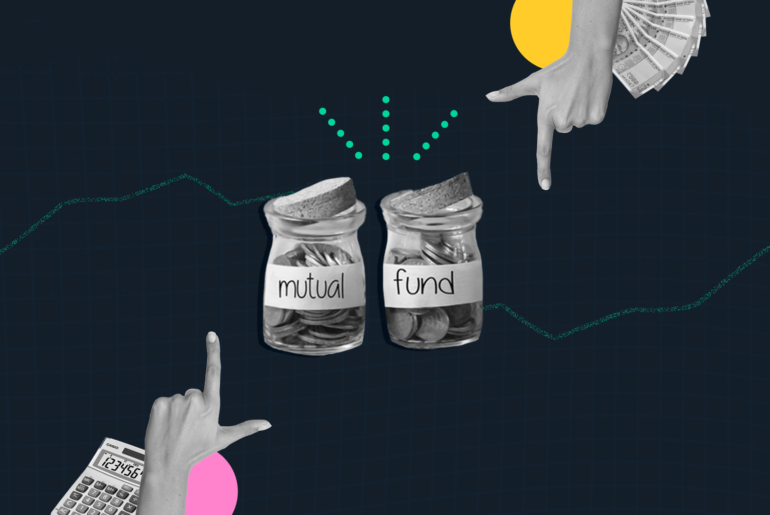Last Updated on May 24, 2022 by Anjali Chourasiya
Simpler debts like credit card bills, small loans, student loans and others help people realise their goals independently. However, the accumulation of multiple debts like these can significantly impact your credit score, especially if you cannot keep up with the repayment schedule.
Consolidating your debts under one bigger loan may help streamline and monitor your loans. Although debt consolidation is a simple process, there are some details you need to take care of. This article explores what you need to keep in mind before consolidating your debts.
Table of Contents
What is debt consolidation?
Debt consolidation is the process of taking out a new loan to pay off a range of smaller debts and liabilities. Several debts at different interest rates can negatively impact your overall finances since you could be losing a lot of money with sky high-interest rates. Debt consolidation allows you to take one loan at a lower interest rate and pay off multiple debts you may have accrued.
Factors to keep in mind before consolidating debts
Analyse your current debt situation
Before starting your debt consolidation journey, it would be wise to reflect on your overall debt situation deeply. While debts are healthy and allow you to purchase high-value goods and services, debt accumulation is not beneficial for your finances, credit score, and of course, the future.
Analyse best how to navigate such situations and prevent them in the future. This may also act as an eye-opener for you to start actively managing your finances and debt.
You may want to be wary of becoming carefree with your debts or believing that debt consolidation could be a cushion to fall back on. It isn’t.
Assess your credit score
Debt consolidation may have an immediate effect on your credit score. Since you already have a lot of debt accumulated, adding another significant debt in the form of debt consolidation can lead to a sharp drop in your credit score.
However, there is no need to be alarmed. Your credit score will start climbing as you keep up with the repayment schedule for the bigger loan. It is also essential to assess your latest credit score since the new loan’s interest rate will significantly depend on your credit score.
Consider your income
It must always be remembered that consolidating your debts by taking out a bigger loan does not end your debt woes. The bigger loan needs to be paid off as per the repayment schedule opted by you. You will have to fulfil all the obligations as per the terms of the debt agreement. For this, it is imperative to consider your current income and income stability.
This will help you analyse if you will be able to keep up with the monthly repayments. You may want to have a buffer of 2-3 mths’ worth of EMI in your account to make sure you do not default on the repayment even in the most adverse conditions.
Understand the risks
Although debt consolidation is a fairly secure and straightforward process, there are some risks you must be aware of before you consolidate your debts.
- You might end up paying a high amount of money as interest if you choose a longer repayment period.
- The processing fees for personal loans tend to tilt on the higher side. Ensure that you research and compare these charges intricately before making a decision.
- Secured loans generally require collateral. If you fail to repay the loan amount on time, the bank will seize the collateral. Since this is extremely risky, you may consider exploring collateral-free loans, however, they come at a much higher interest rate.
Opt for the right lender
Choosing the right lender can make a lot of difference to the rate of interest you are offered. Consider reliable banks with a high customer rating. Enquire about the bank’s charges on the loan and compare it with its peers.
If you plan to foreclose the loan early, make sure that the bank you choose levies no foreclosure charges or they are minimal to avoid burning a hole in your pocket.
Revisit your finances and financial habits
Debt consolidation may help you move on to a stable financial path and help you inculcate solid personal finance management skills. Consistency in repayments will also help you develop a financial discipline to ensure a future of no debt. This is also the right juncture to revisit your financial habit, set spending limits, and cap your debts.
Chalk-out a plan
Lack of savings and a well-planned repayment schedule can set back your finances and push you further into debt. To avoid getting into a debt trap, stay focused on having a plan and repay the loan amount in the shortest duration possible.
Conclusion
Debt consolidation can be an excellent tool for collating and managing the multiple debts you owe to different lenders. However, debt consolidation must be done right to reap its maximum benefits. It is paramount to consider factors like debt amount, interest rates, repayment horizons, lenders’ charges etc. Understand all its aspects of debt consolidation and only then make a decision.




